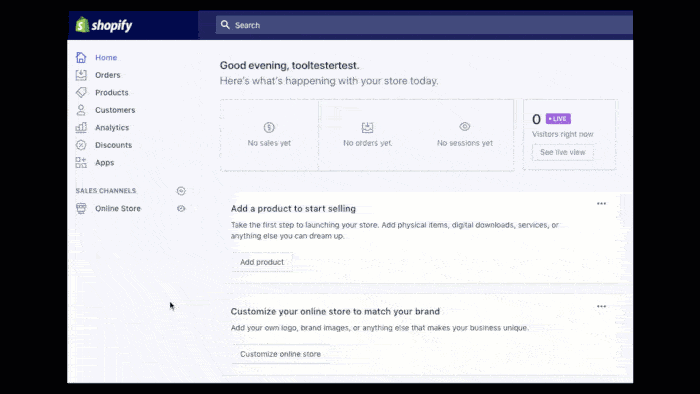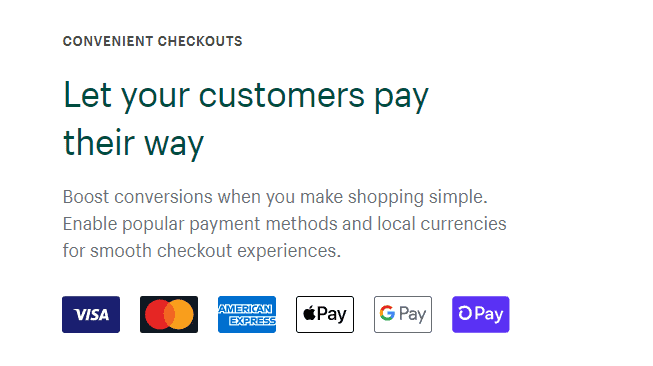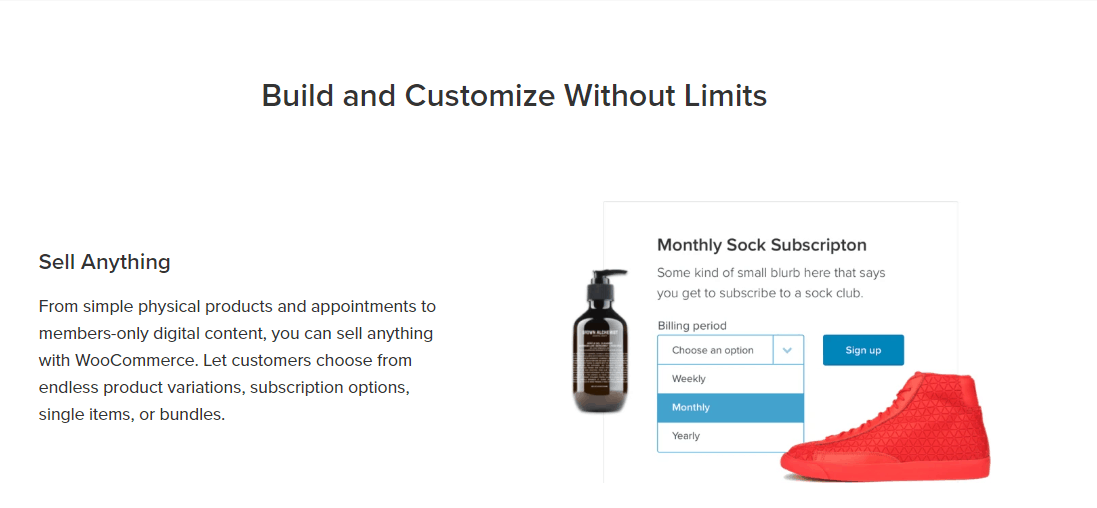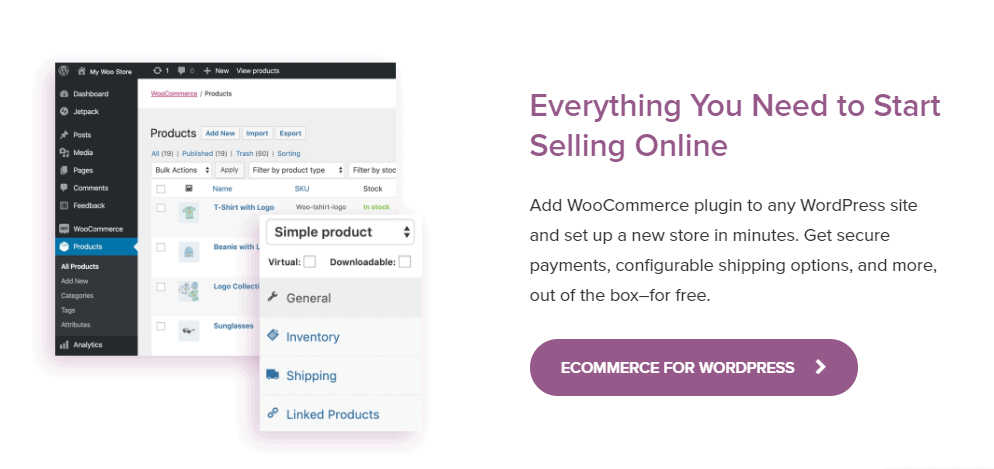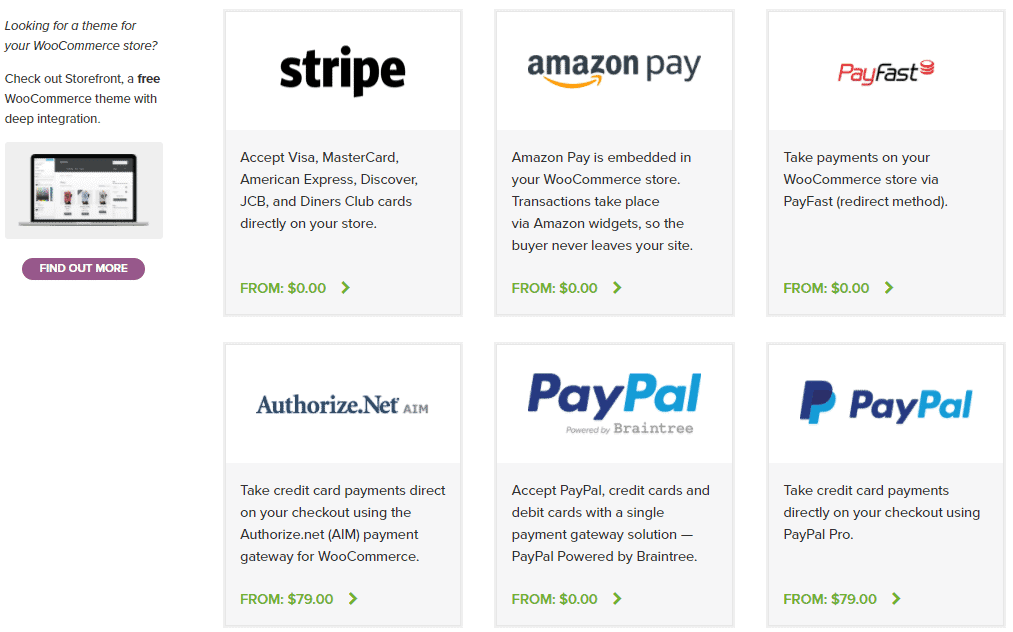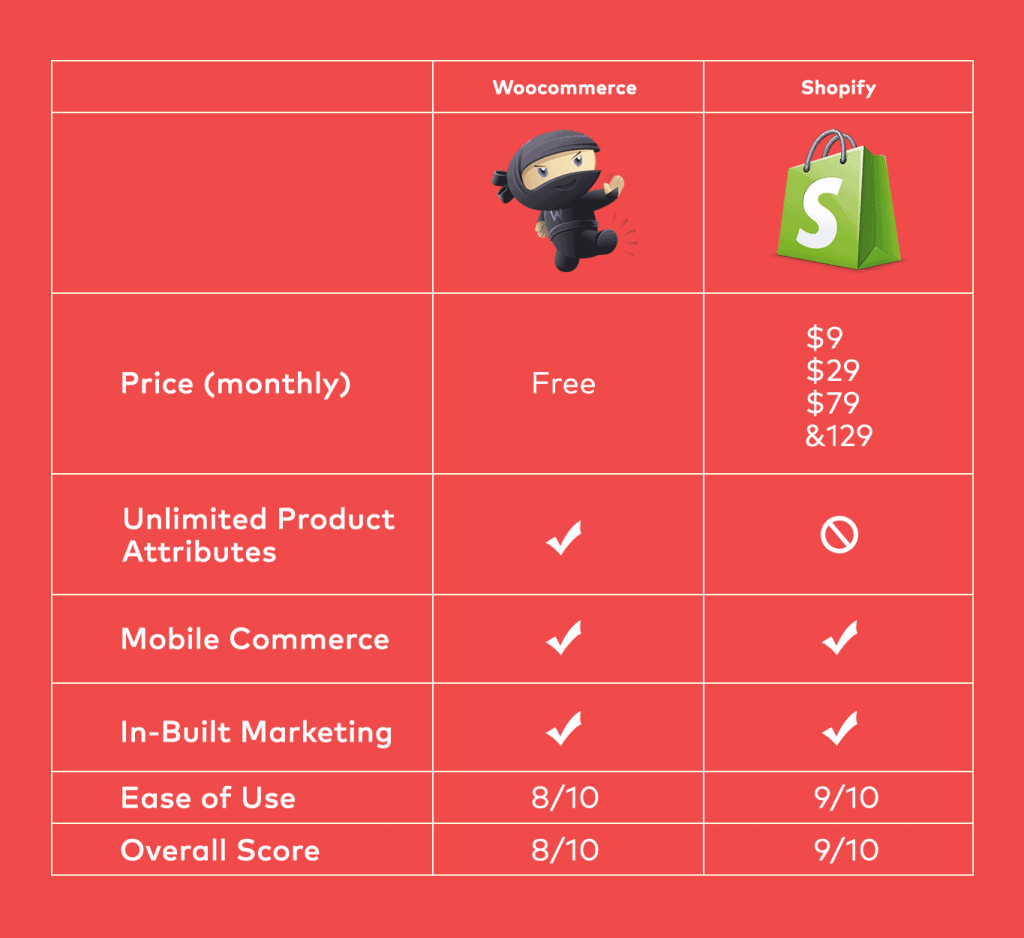
30 May Shopify Vs Woocommerce: Which One to Choose for Your E-commerce Store?
Two of the most well-known e-commerce platforms are Shopify and Woocommerce. If you are preparing to launch your online store and looking for ecommerce development services between Shopify and Woocommerce that best suits your requirements then this post is going to make a big contribution to your selection between them both.
Is it better to pick Shopify or WooCommerce for your store?
The appropriate response lies in the characteristics that are required for your business to run online. When you are moving ahead with a clear concept of your standards and what’s best for your specific plan of action in business, your decision gets self-evident.
What to look for in an E-commerce Platform?
Keep these key factors in your mind before you make a decision
- Scalability: The platform ought to have the option to scale as your business develops.
- Convenience: It shouldn’t be complex to deal with even for starters.
- Payment Techniques: It ought to have a support for various payment techniques strategies.
- Integrations: Third party tools and integrations to incorporate to develop your business.
Shopify VS Woocommerce: Pros and Cons
As we begin analyzing Woocommerce and Shopify, it turns out to be evident that both have qualities and shortcomings.
| Shopify Pros | Shopify Cons |
| Fair pricing | Not much controllable |
| Access to several apps | Not better customization |
| Versatile themes | Inconsistent monthly payments |
| Hosting and security | |
| Easy launch | |
| Great support | |
| Simple dropshipping |
| Woocommerce Pros | Woocommerce Cons |
| Complete control and customization | Little learning curve |
| Big community | More expensive |
| Unlimited plugins and themes | Maintenance, backups and security has to be managed |
| Easier to configure on WordPress | |
| Free plugin |
Difference between Shopify & Woocommerce
Regardless of whether you pick Shopify or Woocommerce development services, you will come down to a couple of center contrasts.
Shopify: All in one solution
Shopify is an across the board solution intended to give you all that you need to begin online. It replaces all the technical and complicated elements, of running a business online, with the tools that are easy to manage and use. You can set it up and install it within no time. Shopify is great when you need a complete bundle for your ecommerce store that gets you ready for any desirable action rapidly with bunches of incredible features and applications
Woocommerce: Full controllable solution
Woocommerce is self-hosted and provides many customization options for you with total freedom to do whatever you need to do in your online store. It is perfect for your already existing site to provide you more control over it.
What do you need to know about Shopify
1. Design
There is a bundle of sleek, stylish, and modern themes available in Shopify. It has 54 store templates with 10 free templates. You can avail more options with premium themes but it requires having a knowledge of a ‘liquid’ language for major updates or someone else with skills can be hired to perform the task. However, you can easily adjust the style and colors of the themes. In the Themeforest, you can enjoy the variety of 600 shopify themes. All the themes are mobile responsive with different variations of coloring. All the themes are clean and polished with aesthetic touches to make your e-commerce stores something that is never seen before. All the designs are outsourced by the different groups of designers so that you get everything up to date and engaging.
Source: Shopify
2. Features
It gives the highlights or features that you need to construct a powerful online store. In case you’re hoping to sell items on the web, or get a private company on the web, it will not let you down. It has more ecommerce tools that are built in and you can utilize the worthy features by signing up on shopify.
- Discount codes
- blog and website
- Various payment methods
- Cart recovery abandoned
- Unlimited products
Source: Shopify
3. Ease of use
Shopify is considered to be one of the easiest solutions for an online store because it guides about the complete setup from start till the end when you get started on it. It is simpler to begin for someone who doesn’t have much knowledge. As it is a hosted ecommerce approach, it is responsible for many technical elements such as hosting, security, domain name, etc. You do not need to take care of any backups, manage, install or be concerned about the security issues. The Everyday person can easily access shopify and doesn’t need to know any coding or programming.
4. Pricing
The pricing of shopify quite straightforward. It has a few pricing packages.
| Software | Sub-domain | Hosting | SSL certificate | Top level domain |
| $29/m | Included free | $9/year |
It depicts that shopify ecommerce store running on the top level domain is $29 / month. It supports conventional structure of pricing with a sliding scale of different packages according to the features for the users.
5. Security
With Shopify, security is not a big concern for you. Since it’s a hosted platform, Shopify is responsible for taking care of any security penetrates, and ensures your website is sheltered from slashers. It comes with built-in SSL certificate that is responsible for protecting the information of your customers in your store.
6. Payment Options
The payment method in shopify has flat credit card fees including no other transaction fees. There are over 100 payment gateways either incorporated through integrations or in built. Different payment gateways hold different fees for transactions. Shopify charges 2% per transaction if you are utilizing third party integration. These are the main payment methods:
- Stripe
- Credit and debit cards
- PayPal
- Square
- Apple Pay
Source: Shopify
What do you need to know about Woocommerce
1. Design
Woocommerce provides you design flexibility at a lower cost. It has more 1000 free themes and some of the WordPress themes are also compatible with the woocommerce. To avail full features, you need to purchase the premium themes that might be a little expensive. You can also hire someone to develop custom made themes according to your requirements. In Themeforest, you can have 600+ themes. Many of the themes of woocommerce do not contemporary designs. With the use of Elmentor or the built-in builder, the designs can be made in such a way that your store can stand out the rest.
Source: Woocommerce
2. Features
Same as Shopify, it is capable of providing you the specifications for an amazing online store. It’s an open-source platform where professionals add custom made modules or plugins to the store. Additional items are exceptional, however, to benefit from the woocommerce you have to contribute time as well as cash to build up your store.
- Customization is not restricted
- One click refund
- Check out and embedding products on a wider range
- Built on blogging
Source: Woocommerce
3. Ease of use
With wooCommerce, you have to do most of the work yourself as it is not a hosted platform. It can be a little puzzling for you especially in case you’re a first-time builder. In any case, utilizing a facilitating hosting supplier like Bluehost can make the procedure a ton simpler. It assists you with features such as auto install, SSL certificate, and free domain name. It demands a certain level of knowledge or skills as it’s more technical than shopify.
Source: Woocommerce
4. Pricing
Woocommerce is free but it holds extra costs such as domain name, hosting, and security. In the case of woocommerce, it becomes difficult to predict your monthly billing. You will have to invest a lot of your time in the pricing which might act as a drawback.
| Software | Sub-domain | Hosting | SSL certificate | Top level domain |
| 0$ | N/A | $5-$100/m (via 3rd party) | Free to $100+/ year (via 3rd party) | $9+/year (via 3rd party) |
In woocommerce, as the additional extensions come with a price tag, you will need to be more watchful that you are not crossing your budget limits.
4. Security
Elevated level security ought to be a need for any site. It’s particularly significant for online stores, as you’re not just handling the money of the customers, you’re additionally holding their data or information. WooCommerce, then again, works with WordPress and is thusly self-hosted. The actual plugin does not offer built in security so it should be taken care of by yourself or by the hosting provider.
6. Payment Options
You do not get any woocommerce specific gateway for payment. There are Stripe and PayPal that act as add-ons that can be embedded directly in your store. Subsequently, you’ll have the option to process transactions appropriately without guiding customers to other 3rd party checkout pages.
Source: Woocommerce
Which One to Choose for Your E-commerce Store?
Concluding, each of the platforms includes the benefits for specific situations. In the event where you prefer ownership and flexibility – WooCommerce is presumably your most logical option. On the off chance where you want to go for simplicity –Shopify is presumably the one for you.
Have a look at a quick comparison of both:




